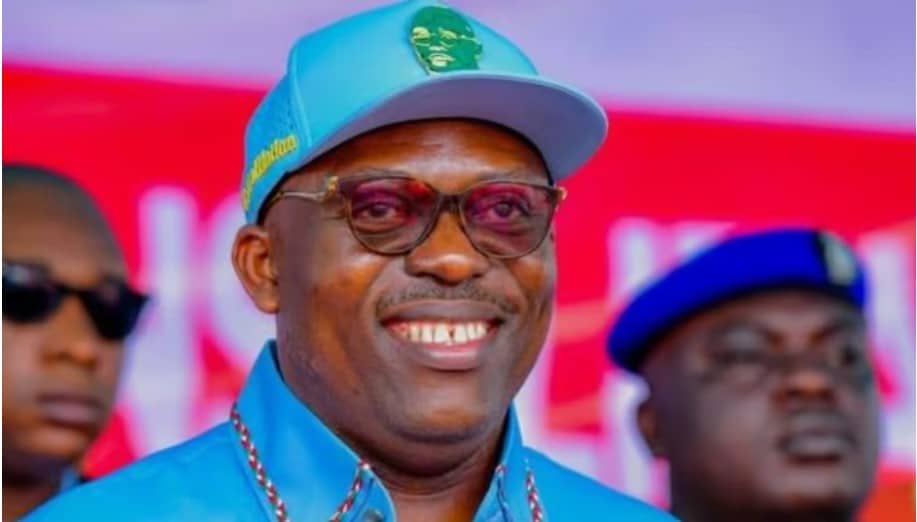ARTICLE AD
THE convocation of a 30-day National Youth Conference announced by President Bola Tinubu in his 64th Independence Day broadcast is a notable initiative. Still, it will require the right timing, appropriate logistics, and political will to be effective.
According to the President, the confab is “a platform to address the diverse challenges and opportunities confronting our young people, who constitute more than 60 per cent of our population, … provoke meaningful dialogue, empower our young people to participate actively in nation-building … and unite them nationwide to collaboratively develop solutions to issues such as education, employment, innovation, security, and social justice.”
The modality and selection of delegates will be designed in close consultation with the young people through their representatives, Tinubu stated.
A joint survey by the Federal Ministry of Sports and Youth Development and the National Bureau of Statistics reported youths between the ages of 15 and 35 at 45.46 per cent of the population (209.6 million in 2021).
Those below age 15 are about 28 per cent. This segment lacks education and cannot compete in a knowledge economy. UNESCO says Nigeria’s 20.1 million out-of-school population is the second highest in the world behind India’s. The government does not need a conference to address this.
The socio-economic realities in the country demonstrate that the conference is reactive rather than proactive as this proposal coincides with two protests within two months by youths. So, the pervasive sombre atmosphere exacerbated by the harsh economic realities may not favour the proposed NYC now.
The best option under the circumstances is for the government to provide what the youth and Nigerians want as a precedent to the conference: demonstrable good governance, economic revival and stability, massive job creation, stable electricity to keep youths busy, reduction of costs of living, reduction of the price of fuels and other socio-economic interventions.
Over time, the Federal Government has not demonstrated any evidence of closeness to and love for the youth. The youth strongly harbour that perception and the demography of the 2023 presidential election showed a huge population not supporting the government.
The government has neglected the bulk of the 10-point demand of the #EndBadGovernance protesters even though those demands are products of the ongoing economic realities confronting the country.
In the likely event that those demands find their way into the recommendations of the conference, is the government ready to implement them?
The youth represent different political divides. This is a stern test for a government that does not brook opposition. How is the government going to handle the divergent opinions at the conference? How does the government intend to implement the recommendations, especially the unpalatable ones?
The logistics of the conference of a huge number of youths is a source of concern. The financial, transportation, accommodation, energy, and other implications are huge. These resources could be spent better.
The two national conferences in the Fourth Republic were products of necessity – they were convoked as responses to strident agitations by the country’s ethnic nationalities.
Consequently, neither confab was implemented, ostensibly because they did not satisfy the interests of the governments in power.
The proposed NYC is following the same trend. It is a product of the ongoing agitations by the youth.
If the recommendations of the conference are not implemented, the backlash from the already disillusioned and angry youth population might be too grave for the government to handle. It might further cause them to lose confidence in the country.
The government should not make the conference a jamboree. So, it needs to rethink the idea and make a decision that will not affect its image and the confidence of Nigerian youths.

 1 month ago
8
1 month ago
8 

